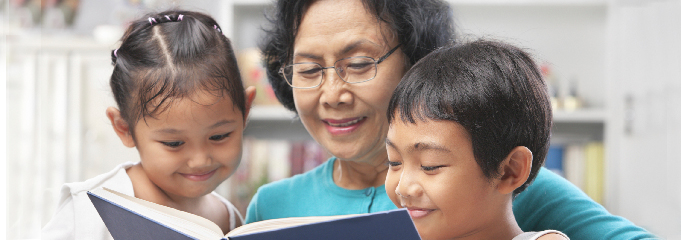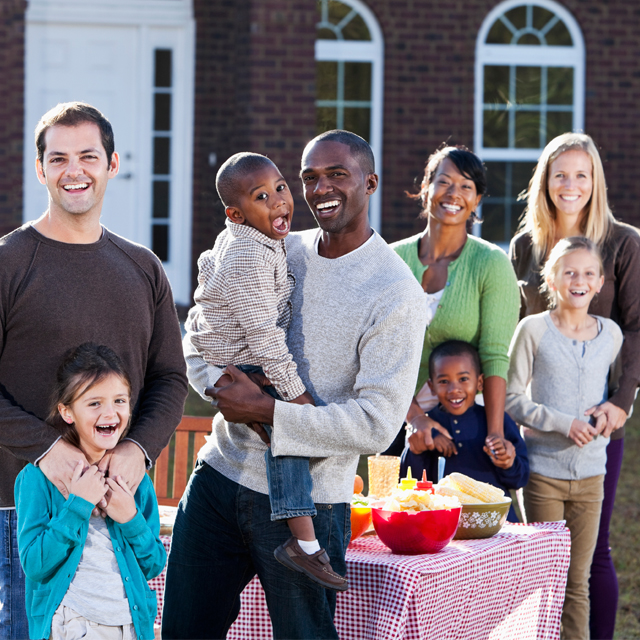
Family Stories

This blog entry was authored by Pat Jewell, Team Leader
Parenting Education and Support Program, Australian Childhood Foundation.
How do you hang your washing out? Do you peg top of garments or bottom? Where do you put the pegs when you have finished? Do other adults you know peg clothes differently to you? Chances are these behaviours have been absorbed as children and young people growing up in a family and become “the way things are done” without realising what has happened.
Are you aware of your family stories and the messages within?
Rituals and routines in our childhood are often taken into adult life. How families celebrate birthdays, public holidays and religious ceremonies are often repeated by children as adults with their own family. The “messages” received throughout life affect all aspects of life and influence the adults we become and the decisions we make.
 Things can become tricky however, when different “stories” come together in a newly created family. Which family tradition will be followed? How will the toothpaste tube be handled? Who is putting out the rubbish and importantly how will the clothes be pegged?
Things can become tricky however, when different “stories” come together in a newly created family. Which family tradition will be followed? How will the toothpaste tube be handled? Who is putting out the rubbish and importantly how will the clothes be pegged?
The Bringing Up Great Kids material provides families with an opportunity to think about the stories they grew up with and the assumptions they make about how things should be from those stories. There is the opportunity for families to think about whether all their messages are still important or relevant in their lives.
Family stories and the messages within are not all verbal, in fact most messages received growing up are demonstrated or modelled and so they seem to become part of our DNA without anyone realising. Often just recognising that you come with your own family stories is a good start to begin identifying what are the messages from these stories. The next step is to think about which messages are going to be important and relevant to my new family, which ones will no longer be relevant, which ones do I want to replace and finally what are the new messages I want to create that will be important to make our own new family story.
 The messages we learn and then perpetuate in our own families go on to affect our children. When working with children, it can be useful to explore the messages they are receiving from family life. Where possible, you may also be able to use that which the children share in any parent work or family therapy to assist in the process of testing and assessing what messages they want to strengthen, and which they may want to eliminate.
The messages we learn and then perpetuate in our own families go on to affect our children. When working with children, it can be useful to explore the messages they are receiving from family life. Where possible, you may also be able to use that which the children share in any parent work or family therapy to assist in the process of testing and assessing what messages they want to strengthen, and which they may want to eliminate.
Changing stories and messages takes time and commitment. All families embarking on the journey will need patience and support from each other, and perhaps also from a professional. Where violence has been a key message, the safety of children must always be made a priority – over and above the journey of change for a parent or carer.Some questions you might like to ask parents you work with (or yourself!) to explore this area:
- Are you aware of stories from your own family – what were the messages?
- Have you carried on messages from your family stories or have you had to compromise to incorporate other adults messages from their family stories?
- Are there new family stories that you have begun in your family?
